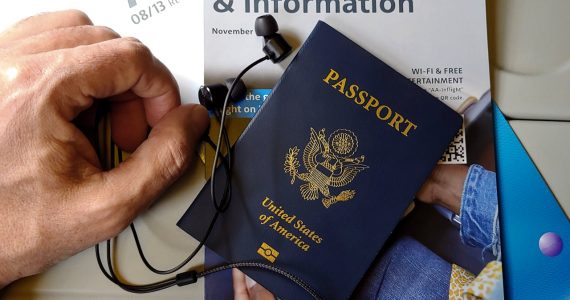When parents separate or divorce, one of the most important aspects to consider is the arrangement for child custody. Understanding the different roles and responsibilities of these arrangements is crucial for all parties involved. So, what is a non-custodial parent? Knowing what it means to be a non-custodial parent helps clarify the dynamics of post-separation parenting.
What Is a Non-Custodial Parent?
A non-custodial parent is a parent who does not have primary physical custody of their child following a divorce or separation. In legal terms, this parent does not have the child living with them most of the time. Instead, the child resides primarily with the custodial parent, who is responsible for the day-to-day care and upbringing. However, the non-custodial parent still plays a vital role in the child’s life through visitation rights and financial support obligations. These arrangements ensure the child maintains a meaningful relationship with both parents despite the separation.

The Role of the Non-Custodial Parent
The non-custodial parent plays a vital role in the child’s life despite not being the primary caretaker. They often have scheduled visitation or parenting time, allowing them to maintain a meaningful relationship with their child. This arrangement helps ensure that the child benefits from the love and support of both parents, even if they do not live together.
Visitation schedules can vary widely, ranging from every other weekend to more frequent visits, depending on what the court deems in the child’s best interest. Some arrangements also include extended time during holidays and school vacations, providing the non-custodial parent with opportunities for extended bonding.
Financial Responsibilities
Another significant aspect of being a non-custodial parent is the financial obligation. Typically, the non-custodial parent is required to contribute to the child’s upbringing through child support payments. These payments help cover the child’s living expenses, such as housing, food, clothing, education, and healthcare. State guidelines generally determine the amount of child support and consider both parents’ incomes and the child’s needs.
Decision-Making Authority
While the custodial parent is usually primarily responsible for the day-to-day decisions regarding the child’s welfare, the non-custodial parent often retains legal rights concerning major decisions. These decisions can include education, medical care, and religious upbringing. Parents are often encouraged to communicate and collaborate on significant issues to ensure consistency and stability in the child’s life.
Types of Custodial Arrangements
Custodial arrangements can be established through mutual agreements between the parents or by court orders if the parents cannot agree. These arrangements are designed to serve the child’s best interests and provide a framework for both parents to remain actively involved in their child’s life.
- Joint Custody: In some cases, parents may share joint physical custody, where the child spends significant time living with both parents. This type of arrangement requires high cooperation and flexibility from both parties.
- Sole Custody: When one parent is granted sole physical custody, the other parent typically has visitation rights. Sole custody might be awarded in situations where one parent is deemed unfit due to factors like substance abuse or neglect.
- Split Custody: This less common arrangement occurs when siblings are divided between parents. Each parent has custody of at least one child, though visitation rights are usually in place to maintain sibling relationships.

Importance of Maintaining a Positive Relationship
For the child’s well-being, the non-custodial parent must maintain a positive and supportive relationship with both the child and the custodial parent. Open communication and cooperation between parents can significantly reduce stress and create a stable environment for the child. Non-custodial parents should strive to be involved in their child’s life, attending school events, extracurricular activities, and special occasions whenever possible.
Navigating Legal and Emotional Challenges
Being a non-custodial parent can come with its own set of challenges, both legal and emotional. Understanding your rights and responsibilities is crucial. Seeking legal counsel can help navigate complex custody arrangements and protect the non-custodial parent’s rights. Additionally, emotional support from friends, family, or support groups can provide valuable assistance in managing the feelings of separation from the child.




